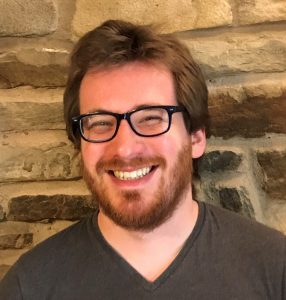
Horizon CDT PhD student Joe Strickland (2017 cohort) talks about his internship at the BBC and leading a workshop on Augmented Reality storytelling.
You can hear Joe’s talk here.

Horizon Centre for Doctoral Training Blog
To share our activity, progress and successes

Horizon CDT PhD student Joe Strickland (2017 cohort) talks about his internship at the BBC and leading a workshop on Augmented Reality storytelling.
You can hear Joe’s talk here.
Post by Madeleine Ellis (2016 cohort)
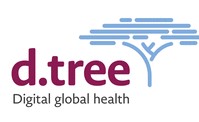
Dtree’s Vision
‘Our vision is a world in which every person has access to high quality health care.’
Dtree’s Mission
‘Our mission is to work with partners to leverage digital tools and data to save lives. We will be as focused as you on your health system goals, while working in partnership with you to implement digital solutions to improve program quality and impact.’
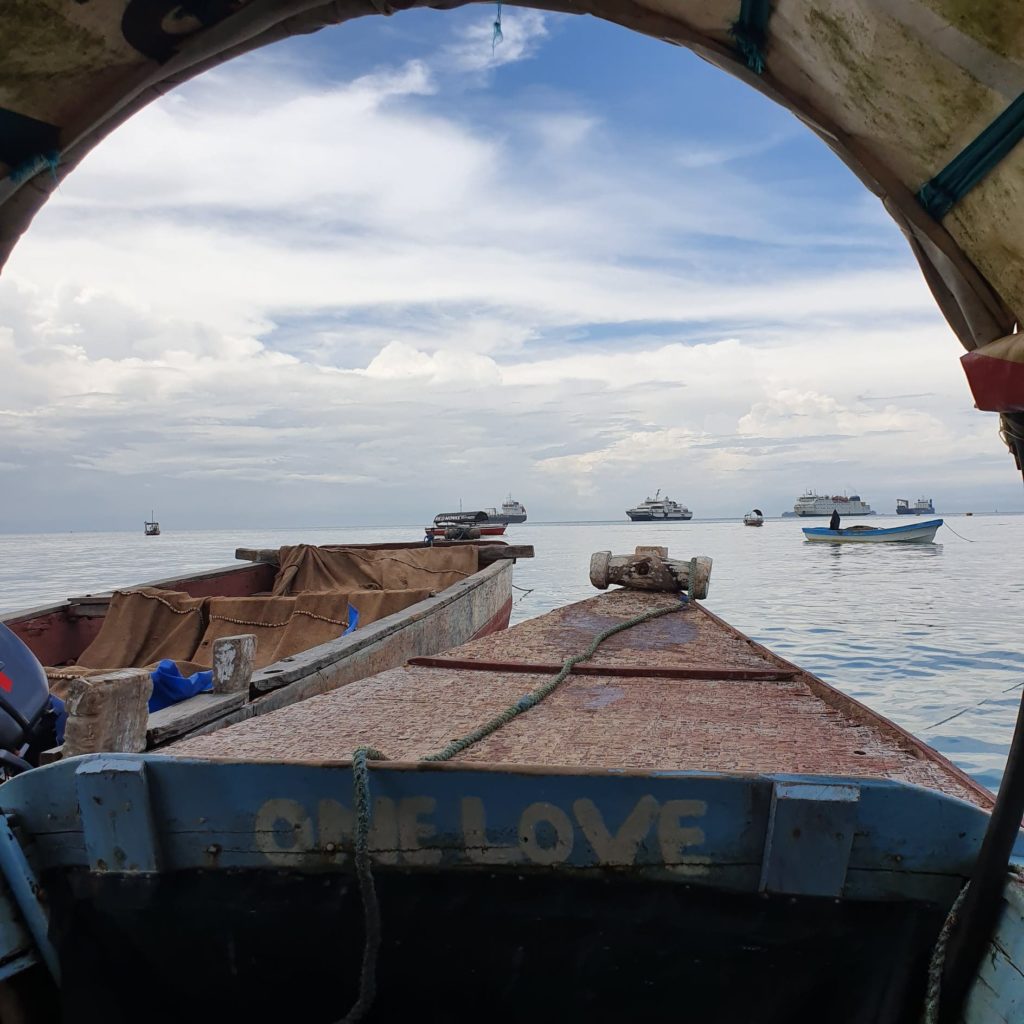
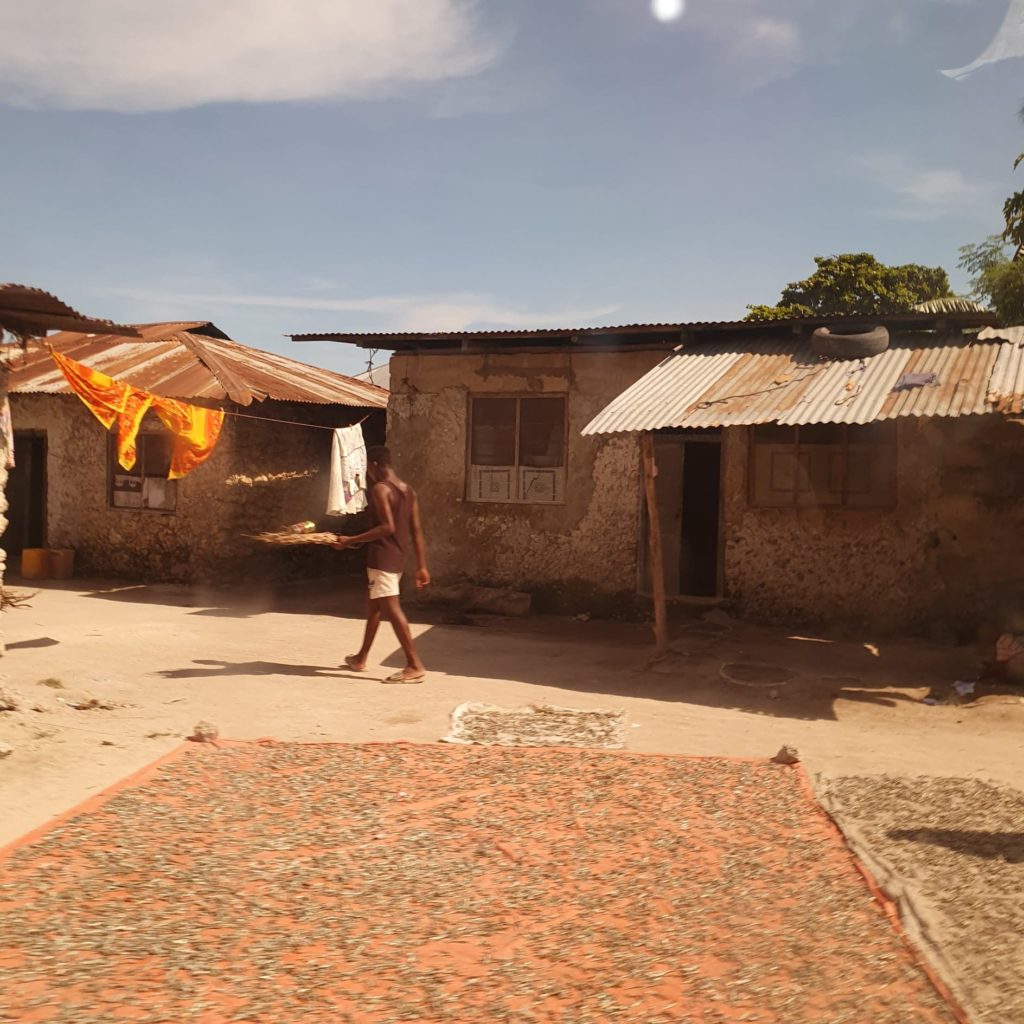
Who are Dtree?
Dtree focuses on a number of different projects on digital global health. Current projects include: Sexual and reproductive health (helping women achieve their reproductive goals), maternal and new-born health (working to reduce maternal and neonatal mortality), child health (preventing treatable childhood deaths) and emergency transport (Where no ambulances are available). With field offices in Dar es Salaam, Zanzibar Tanzania, as well as Lilongwe and Malawi and management offices in Boston and Washington DC, Dtree’s projects are engaged in countries throughout Africa. To expand projects Dtree have conducted 2 million area visits and are continuing to expand their engagements. The underlying system for Dtree is based on three main philosophies: Innovation, implementation and Impact. They leverage technologies to support and improve program efficiency in the projects. They use high levels of experience to help partners replicate and scale high impact programs. Finally, they work with partners to continually measure impact and increase efficiency. The core that ensures their success is this incredible collaboration between innovative technology and strong relationships with expert partners and local communities. This project structure is responsible for the high levels of impact they already have and continue to achieve. In a nutshell, this is my main take away from the experience and is something I plan to rely on for all my future ambitions within the field.

What are we at N/Lab working on with Dtree?
I joined a project on maternal and neonatal care responding to healthcare challenges in Zanzibar. D-Tree International has been working with the Zanzibar Ministry of Health to improve the delivery of community based maternal and neonatal care via innovative and award winning Safer Deliveries program. The project will also hopefully be expanding to include child health, looking at issues such as malnutrition. A critical component of the program is the analysis and use of data for decision making to support and design effective interventions. Using machine learning and advance analytical approaches to find higher risk cases of clients information sharing and education can be better targeted for allocation of limited resources.
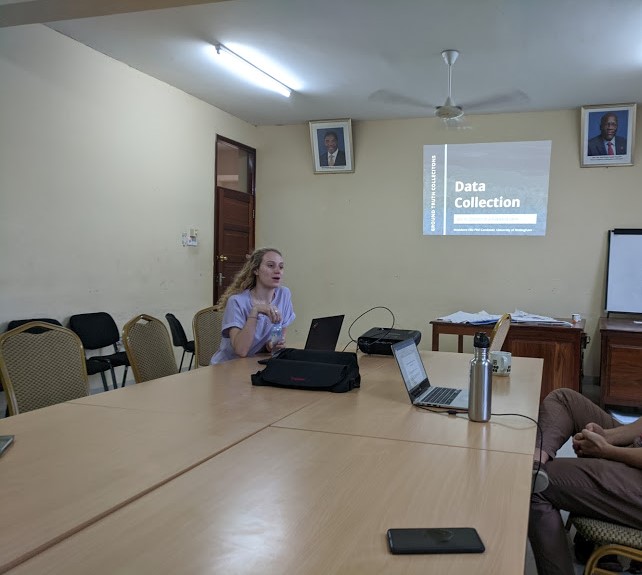
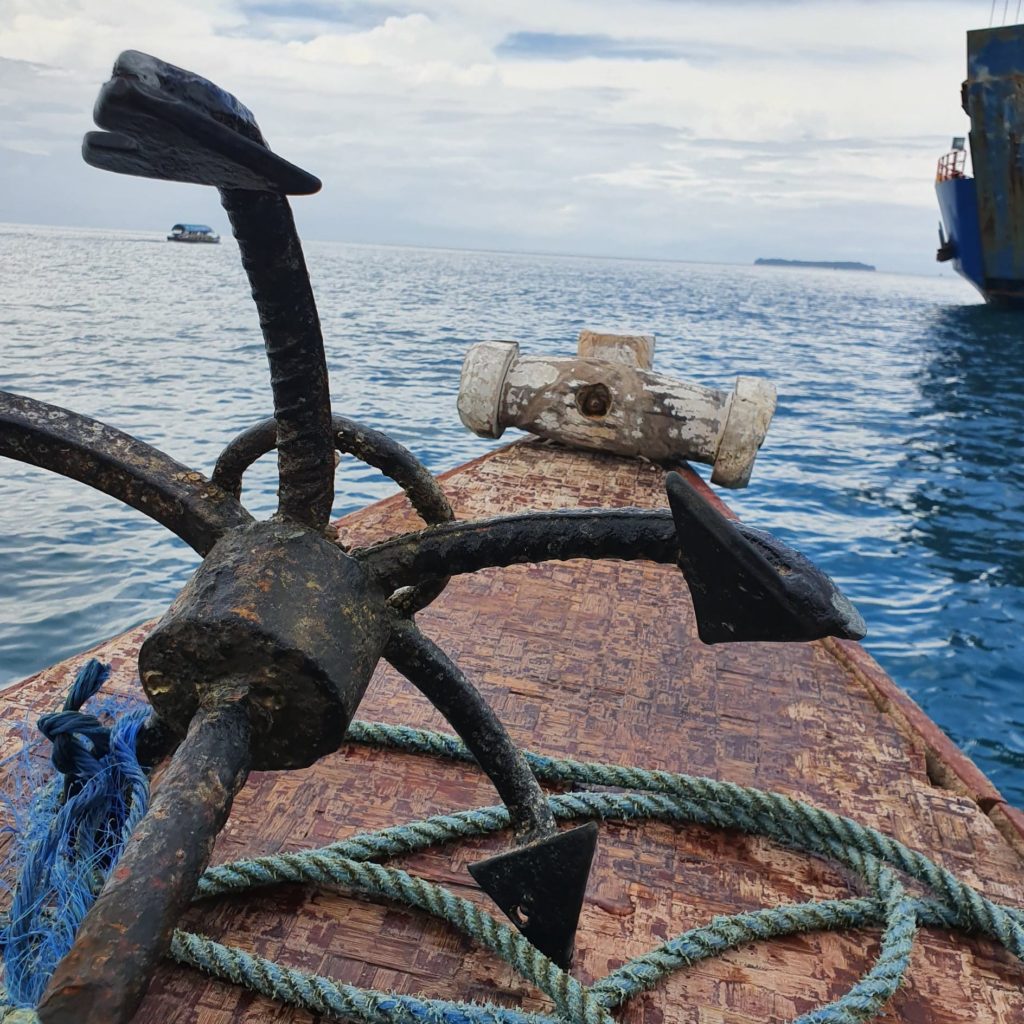
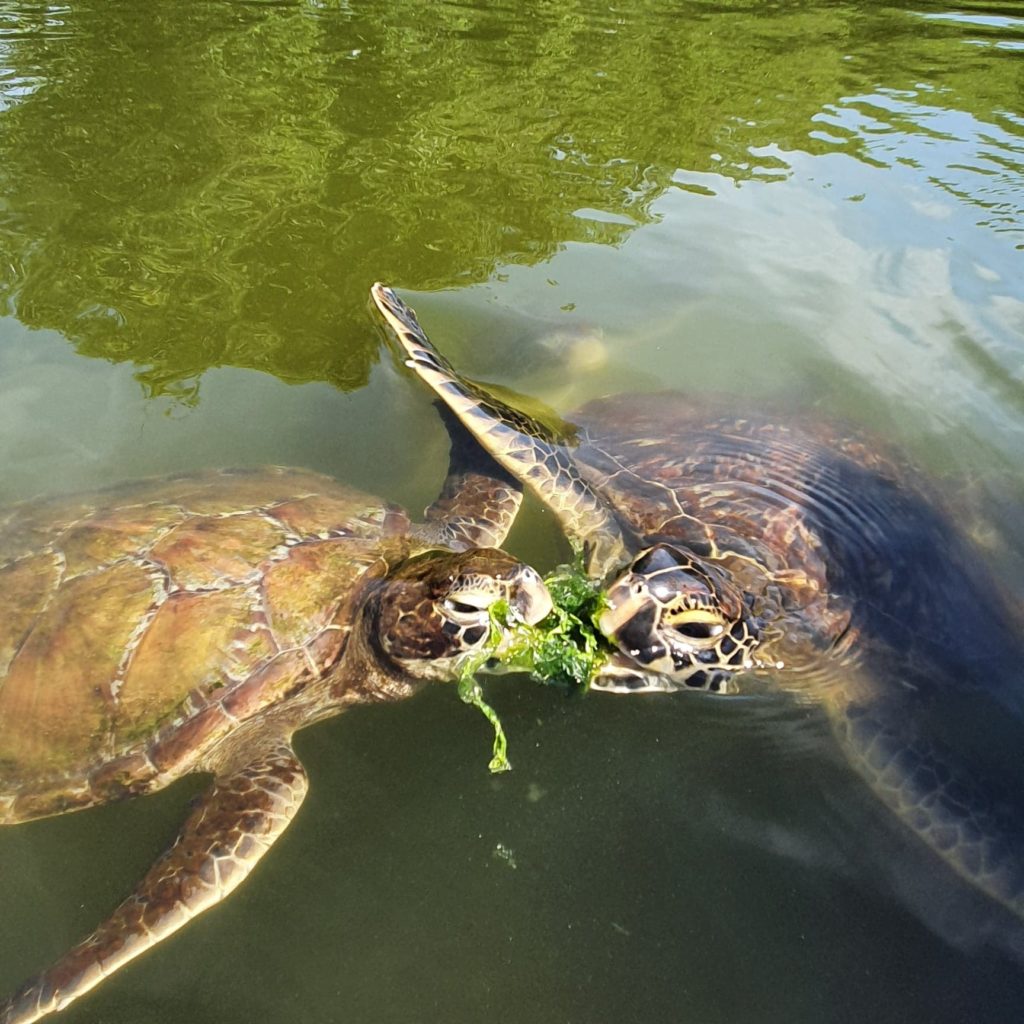
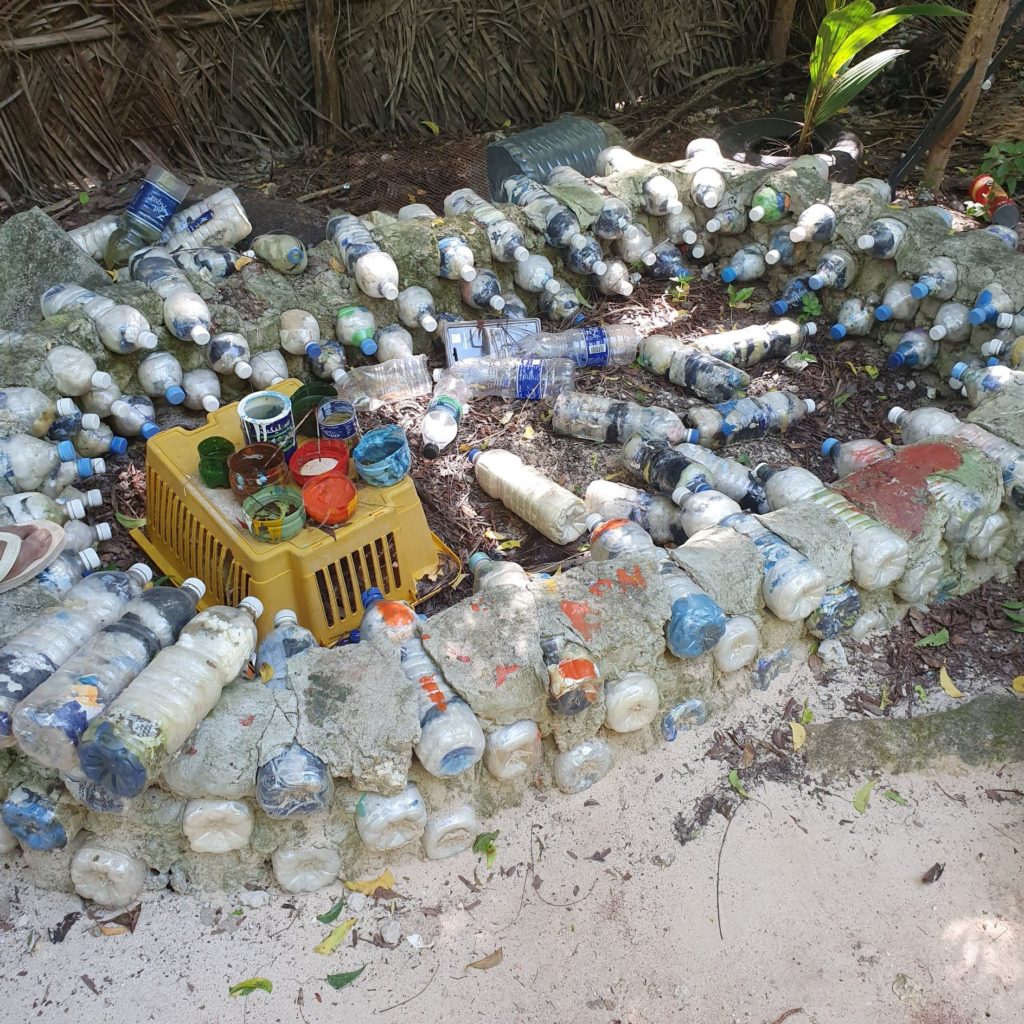
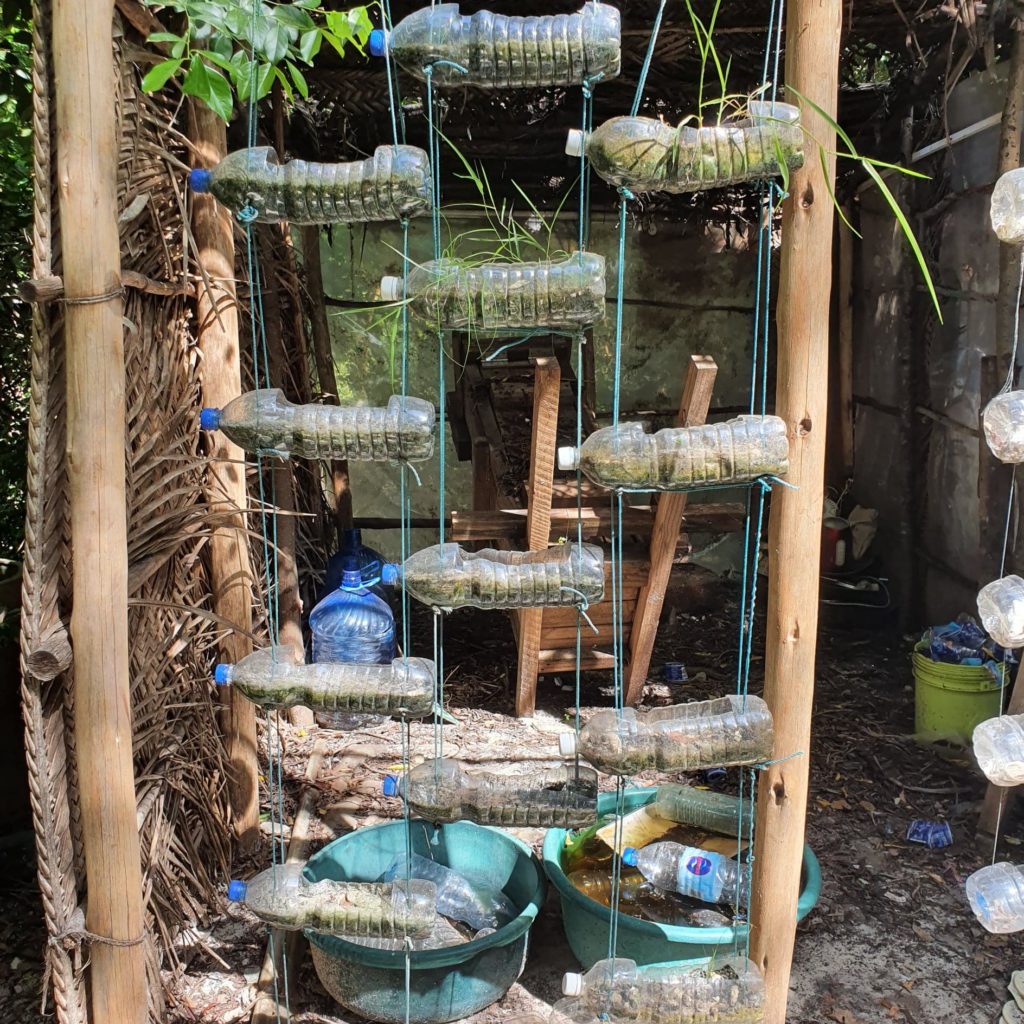
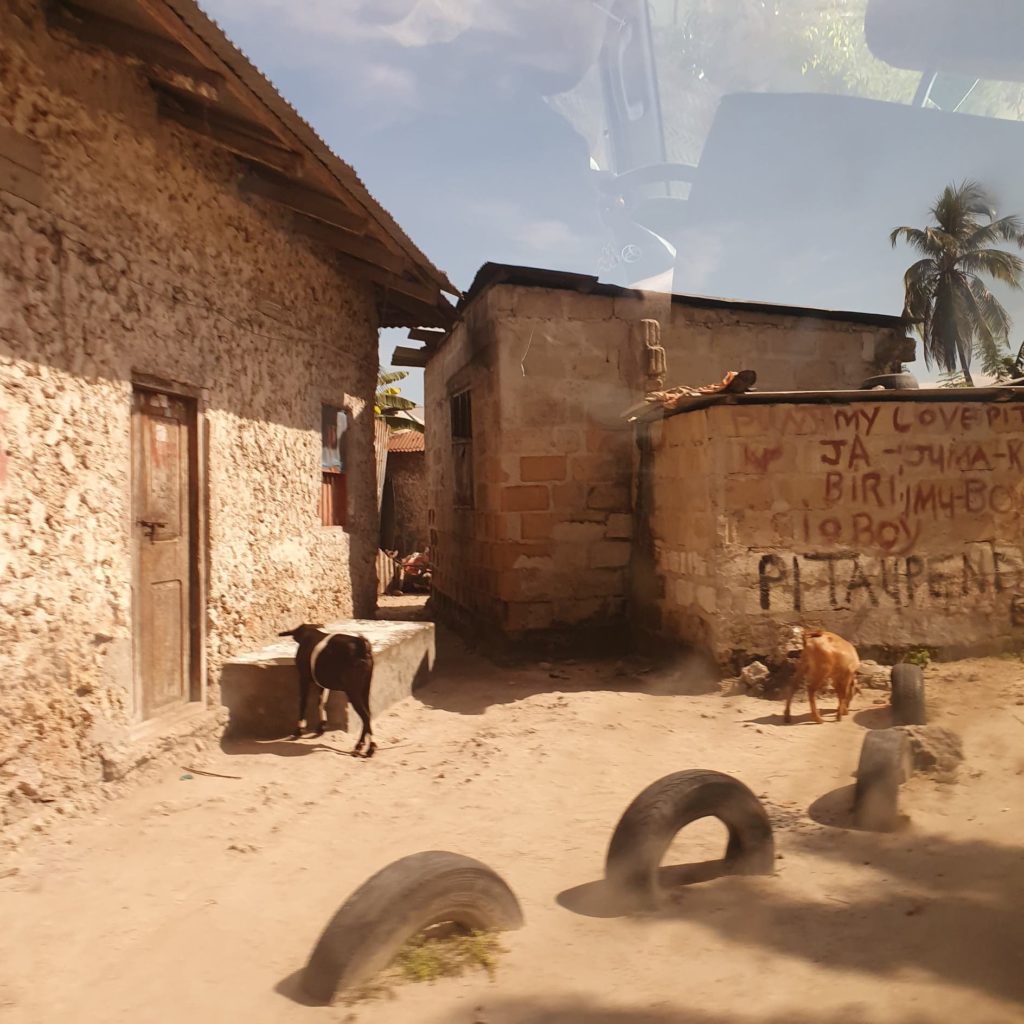
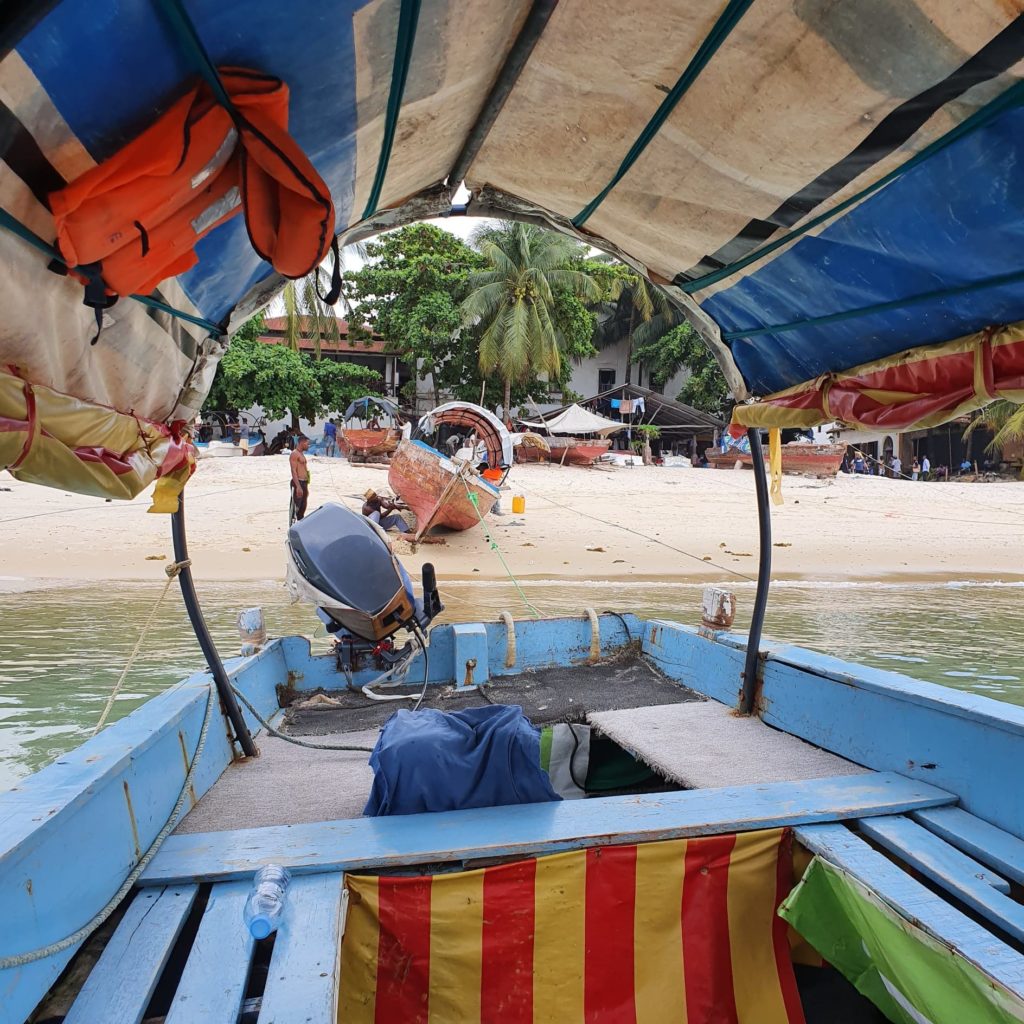
Popping the research bubble
The nature of PhD’s require an intense level of focus on one fine-grained topic. Within this process, that particular topic can become all encompassing; it will gradually start to feel bigger and bigger. This can make it easy to lose the context of your topic. This internship helped remind me that my PhD is a tiny dot within the field I am focused on. More than that, the field itself is also just a tiny dot in the grand scheme of things. Internships provide a wonderful opportunity to pop this research bubble, remind ourselves of the context we are working in and get insight into problem sets, methods and opportunities that we might not have even been aware existed before this. This has not only been an incredible thing for my personal growth through life, but also strengthened my PhD by allowing me to address some elements of my work with newly formed perspectives. Importance of working with communities
Importance of working with communities
Another key take away is that the importance of working with communities and collaborating with related experts cannot be underestimated. I have always taken the importance of community collaboration as an essential for sustainable change in the other charity work I do, this experience with Dtree has taken that further and helped me to understand different levels of this and the application to academic research. Dtree has an iterative process of developing and applying technologies and programs with numerous assessments from collaborators at each stage. Anything you want to build needs to have the end used in mind at every stage and should utilise as much expert advice as possible on the way. While with Dtree we had a meeting with some of the field workers, the purpose of the meeting was for us to understand the context of the work and for them to understand the basic ideas of the applied machine learning. This shared knowledge allowed an extremely productive conversation about the future steps of the project. By understanding each other’s challenges and capacities we were able to reach novel solutions and approaches to the task at hand.There is a difference between the right solution and the ‘best’ solution.
There is a difference between the right solution and the ‘best’ solution.
This take away is linked to the two reflections above. Researchers working on a thesis are bound to have expert knowledge on a topic, combine this with the academic pressure of technical novelty and it is easy to become focused on finding that ‘incredible new publishable method’. In the real world, these complicated impressive methods are not always going to be the most helpful or appropriate. Sometimes the application of a quick simple existing model will provide the most efficient support for an impactful project. This experience has shown me the importance of addressing this conflict as early as possible in a project. What are the goals of each stakeholder, what do I want my impact to be? This has lead me to reflect on my own goals. Am I looking to publish papers and make mathematical advances, which can provide long-term large scaled impacts, or do I want to make simple technological applications to problems with immediate community impact. Actually, I think I sit somewhere in the middle, I want to be a part of increasing the capacity for long term impact and technical novelty but also I want to prioritize appropriate impactful projects at the present moment.
The future is now
Data and technology are advancing rapidly before our eyes, with every step forward technology takes; the availability of the previous steps becomes more and more accessible to problems sets with limited resources to make change. This is beyond a silver lining for development. Take for example the development of face recognition phone passwords. Before this experience, I wouldn’t have thought that holds much relevance to my work at all, but that’s not true. It’s the butterfly affect, the small improvement will move like a wave through the mobile phone industry making all previous models that little bit more accessible and affordable. Increasing access to these technologies opens opportunities, for examples improved data collection which can advance a project.
Technology isn’t the only thing which is moving at lightning speed, the older I get the faster time seems to move. I found the work Dtree do extremely inspiring and it has cemented some of my future professional goals. This bridge between mathematical technologies and impactful social good developments is where I want to be. Life is moving fast and although it’s great to have these goals, all of these experiences and moments are part of my goals. As cheesy as its sounds, it really is a journey not a destination. My advice to other PhD students taking internships would be to use this as a time to be reflective, make time to think about the things you haven’t thought of yet!
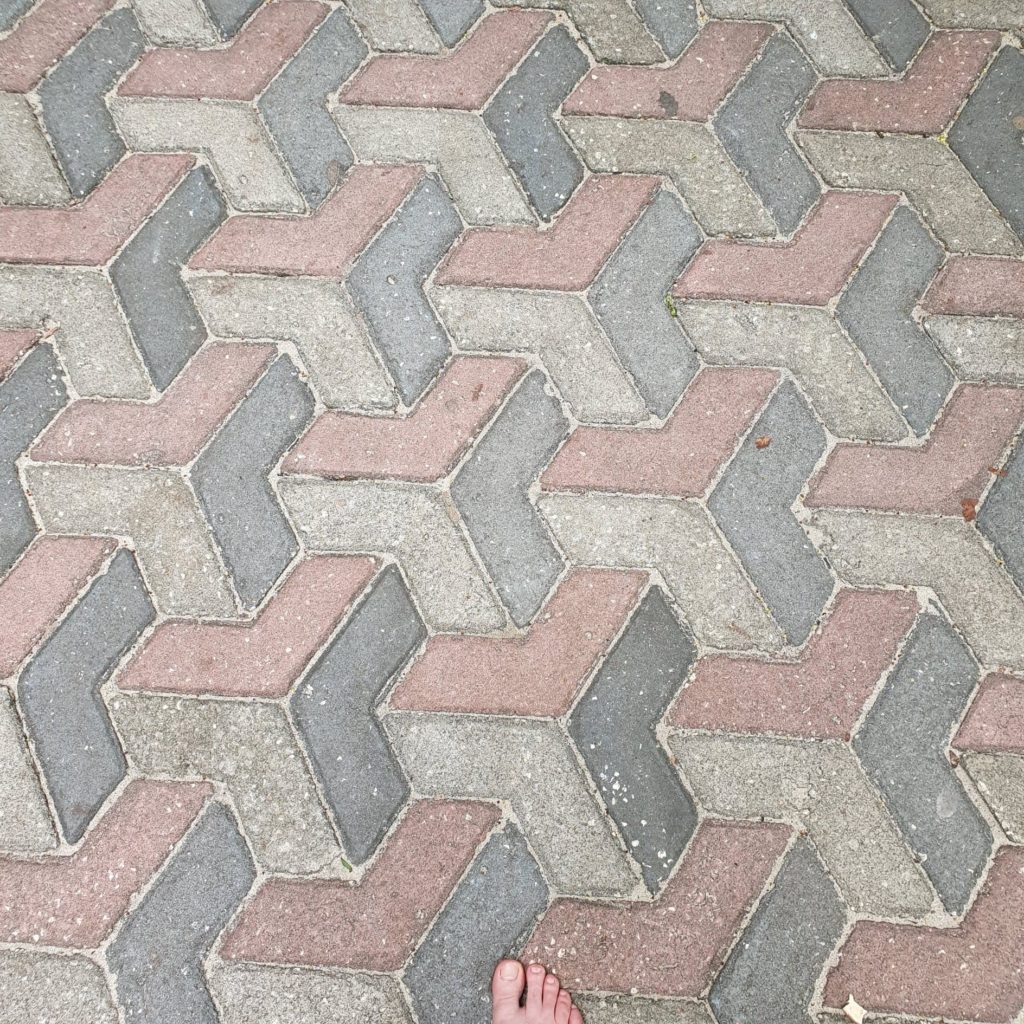
Side note
I used to think networking was a bit of a buzzword… It isn’t… talk to EVERYONE you can. Ask their advice, ask for their thoughts, ask to hear about their journey and ask for their contact information.
Horizon CDT student Shazmin Majid (2018 cohort) has completed her 3 month PhD internship at Merck Sharpe and Dohne (MSD) in Prague.

Shaz has posted a video reflecting on her internship experience as well as living abroad.
You can view Shaz’s video here.
Post by Kate Green (2016 Cohort)
So the Michaelmas term at Cambridge has come to an end which means that I have finished my 3 month internship with the Trust and Technology Initiative.
A lot has happened over the course of three months and I would like to take this time to reflect on some highlights:
The Trust and Technology Initiative Launch; I helped cover the photography of the event as well as presenting my research.
View this post on Instagram
MCCRC Symposium – organised by my colleagues, this symposium and workshop provided me with some insight into the legal side of privacy.
Value in Personal Data workshop at the Digital Catapult – I attended a brunch workshop that explored putting a monetary value on personal data.
Misinfocon – as part of Mozfest’s programme this conference explored minsinformation in today’s society. This was particularly interesting from a public health perspective and the impact of misinformation on epidemics. I wrote some reflections for the Initiative’s blog.
Hannah Fry talk – I attended Hannah’s talk on her recent book on algorithms.
View this post on Instagram
USB-C talk from Google – this was a little too technical for me, but it was interesting to learn about the challenges of USB-C in laptop design.
Lunchtime talk with Prof Simon Schaffer – who talked about Babbage who didn’t invent the computer, but in fact replaced them…
Aside from different events, I met lots of new people from different areas from sociology to law, to computer science, to psychology.
I think this was a good time for me to take three months away from my PhD and explore different (but not unrelated) areas. It’s given me some perspective and a sense of where my PhD fits in the wider context.
In terms of work, I first of all started to explore the personal data downloads from social media platforms. I looked at the ease of access, the file types and device compatibility. I was interested to see how personal data downloads might be useful for social media users who participate in online health communities.
While this area was interesting, I wanted to make sure that the internship had a tangible outcome that could be useful for my PhD. I began to explore my interview data from my first study and specifically focused on a question I asked around ‘trust’. I had not analysed this part of the study because I was unsure of its relevance and usefulness, however, whilst at the Trust and Tech Initiative I felt like this was an opportune moment to explore it. I am hoping to write the findings up more formally and submit it to a conference proceedings in 2019.
When I shared the findings with my colleagues at the Initiative and it was felt that my exploration of trust through a transdisciplinary lens could serve as a useful resource for others entering the conversation. I have been writing up a report that uncovers one approach to talk about trust in technology and I use online health communities as an example case study. Once it has all been tidied up and formatted into a well-designed document it will be published by the Initiative.
Overall I feel that the internship was a positive experience; however, I am looking forward to focusing back on my PhD. The break was welcomed and now I feel it’s done its purpose. 🙂